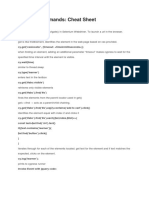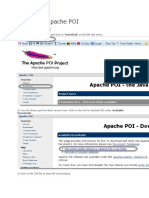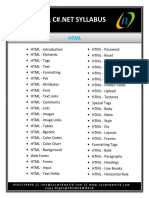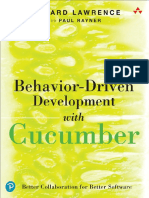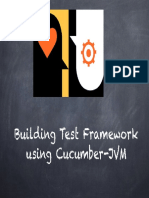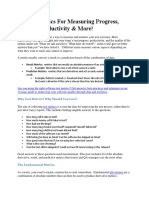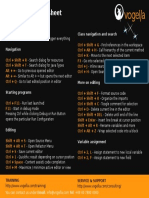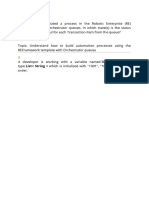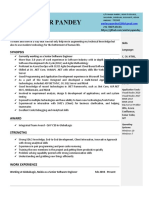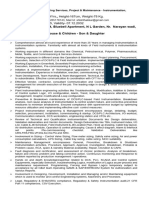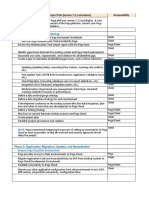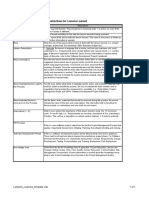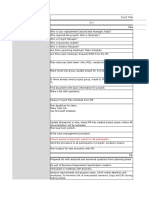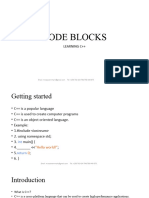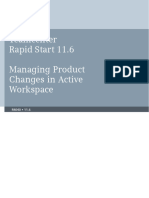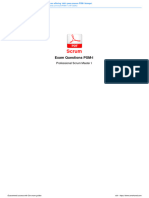0% found this document useful (0 votes)
182 views19 pagesCypress in A Nutshell
This document provides an overview of Cypress, an open source tool for front end testing. It discusses what Cypress is, why it's useful, how to set up and organize tests, write different types of tests using locators and assertions, debug tests, and use fixtures, plugins, custom commands and hooks. Key features highlighted include the test runner, dashboard, large ecosystem, CI integration, automatic waiting, and cross-browser testing capabilities.
Uploaded by
Santiago Murcia CadavidCopyright
© © All Rights Reserved
We take content rights seriously. If you suspect this is your content, claim it here.
Available Formats
Download as PDF, TXT or read online on Scribd
0% found this document useful (0 votes)
182 views19 pagesCypress in A Nutshell
This document provides an overview of Cypress, an open source tool for front end testing. It discusses what Cypress is, why it's useful, how to set up and organize tests, write different types of tests using locators and assertions, debug tests, and use fixtures, plugins, custom commands and hooks. Key features highlighted include the test runner, dashboard, large ecosystem, CI integration, automatic waiting, and cross-browser testing capabilities.
Uploaded by
Santiago Murcia CadavidCopyright
© © All Rights Reserved
We take content rights seriously. If you suspect this is your content, claim it here.
Available Formats
Download as PDF, TXT or read online on Scribd
/ 19


